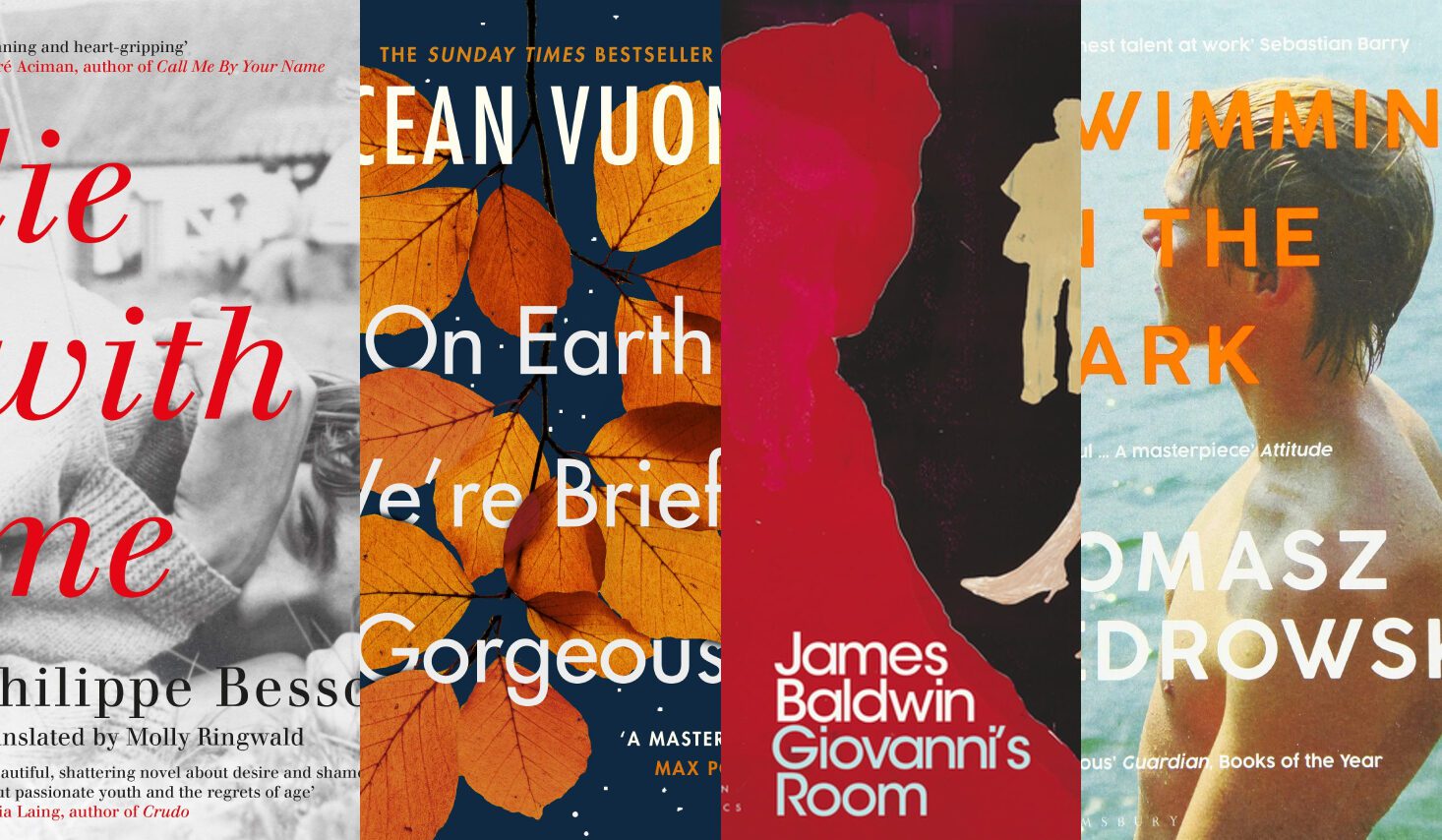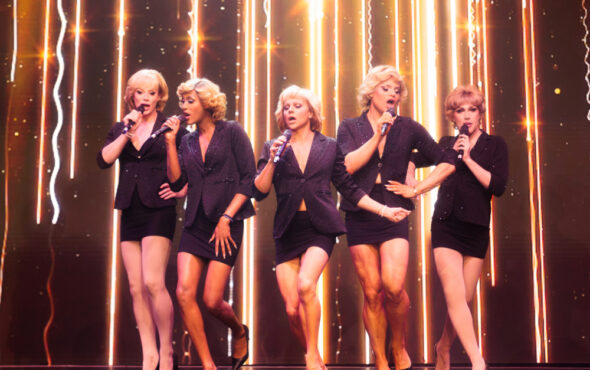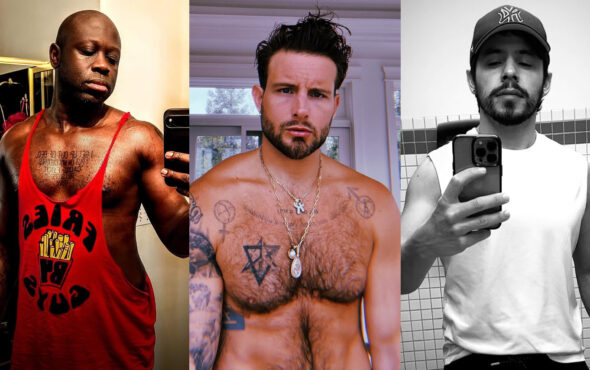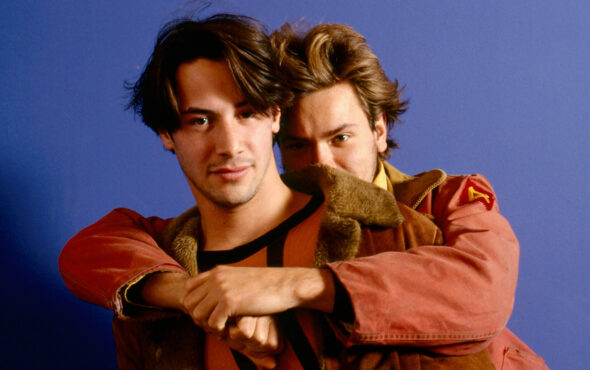
Deeply meaningful heart-shaped merchandise is being purchased. Truckloads of pesticide-infused roses are being imported. Loved-up couples are walking round with a little extra pep in their step. Yes, Valentine’s Day is here.
Love it or loathe it, the day honouring the patron saint of beekeepers and people with epilepsy naturally provides the perfect opportunity to reflect on what it means to love and be loved. These four novels exquisitely explore how messy and complicated and agonising love – perhaps especially queer love – can be, and they’re guaranteed to get those tear ducts working.
Lie With Me by Philippe Besson

A chance encounter with a young man in Bordeaux prompts Philippe to recall his first love. We are transported to a sleepy provincial town in 1984 where two teenage boys with very different lives are navigating intimacy in a world not meant for them.
Their relationship is defined by both intense passion and unbridgeable distance. Besson’s tender portrayal of sexual and romantic awakening breathes new life into the familiar trope of secret trysts with a closeted lover. In this age of incessant swiping and scrolling, there is also something nostalgic about how the teens arrange to meet via discrete telephone calls and putting notes in lockers.
Elegantly translated by eighties icon and self-confessed Francophile Molly Ringwald (yes, that’s Claire from The Breakfast Club), it is an achingly beautiful story of lust and longing, of shame and regret. Often compared to Call Me by Your Name, the book has also been made into a film due for release in late February 2023.
On Earth We’re Briefly Gorgeous by Ocean Vuong

This debut novel by the Vietnamese American poet Ocean Vuong is written as a letter from a son (Little Dog) to his mother, who is unable to read. Lyrical and inventive, it tells the story of a Vietnamese family impacted by war and making a new life for themselves in New England. Dealing with issues of race, class, and substance abuse, the novel seeks to scale lofty heights, and it almost always reaches them. If Vuong’s social commentary occasionally appears slightly strained, his depictions of the everyday are always convincing.
From the characters we meet at the nail salon where his mother works, to the grotty trailer in which Little Dog’s lover lives, Vuong paints a vivid picture of the darker side of contemporary America. It is striking that so much of the novel deals with the love Little Dog has for his family. His difficult relationship with his mother is at the heart of the book, the cathartic act of writing to her helping Little Dog heal. A simply gorgeous read.
Swimming in the Dark by Tomasz Jędrowski

Set in 1980s Poland, the novel follows Ludwik and Janusz who meet while at an agricultural work camp. A deep connection is forged over a summer of open water swimming, wild camping, and reading, but their return to Warsaw proves problematic as they have to navigate their feelings for each other in an oppressive political system.
The political undercurrent feels refreshingly new in the gay coming-of-age genre. Jędrowski poignantly explores how love can crumble as a result of choices made in difficult circumstances. His writing is sensual yet sparing, prompting you to race through the two hundred and twenty-nine pages and leaving you with a hunger for more. It is a compelling love story that deserves to be widely read.
Giovanni’s Room by James Baldwin

The list would not be complete without at least one classic work of gay literature. Baldwin’s meditation on shame and self-loathing is as powerful today as when it was first boldly published in 1956. Baldwin was best known at the time for his writing on African American experiences, and Giovanni’s Room marked a new departure for him with its focus on homosexuality and bisexuality. The novel was a major influence for Jędrowski, who refers to it in Swimming in the Dark.
The novel follows David, an American man living in Paris, who strikes up a relationship with an Italian barman called Giovanni, despite having proposed to his girlfriend Hella. Grappling with his sexuality and expectations of masculinity, David struggles to find out who he really loves. He fluctuates between loving and hating the most important people in his life.
At its core, the novel is about the self-hatred of a man seemingly paralysed by internalised homophobia and/or biphobia. It is not exactly a rosy or romantic Valentine’s Day read, but a necessary one underlining the importance of self-love. In the words of RuPaul: “If you can’t love yourself, how in the hell you gonna love somebody else?”



